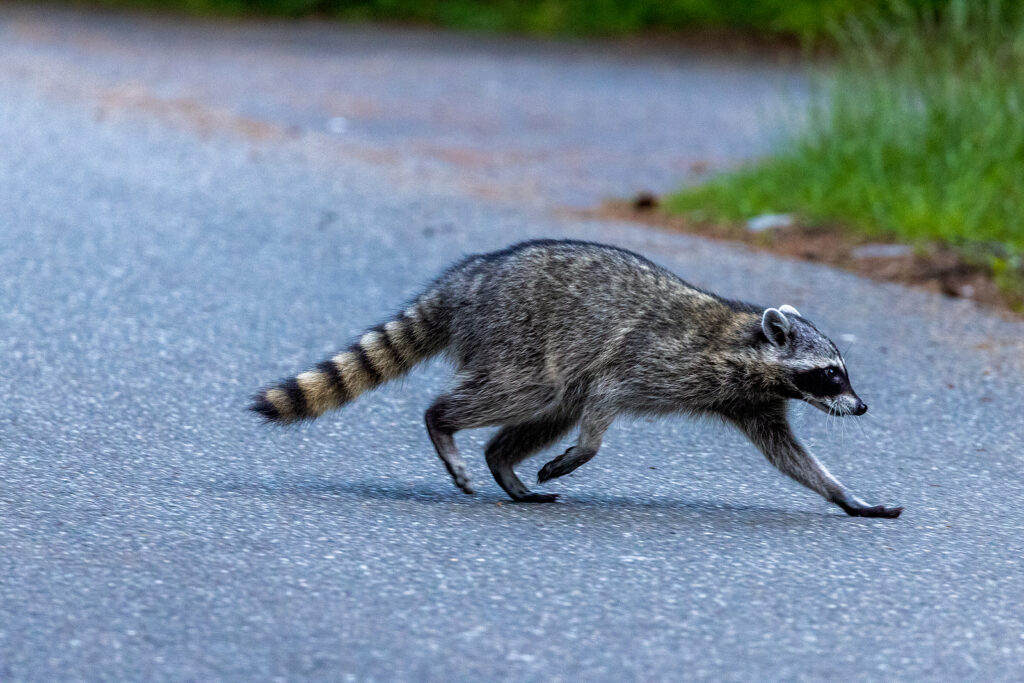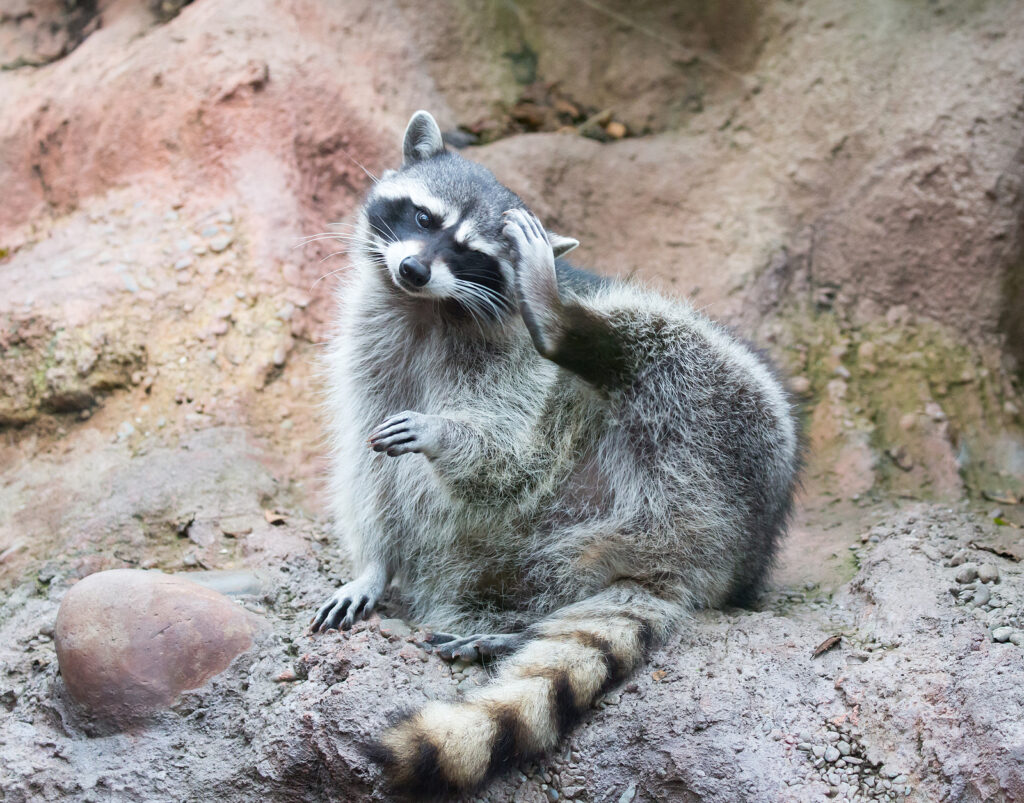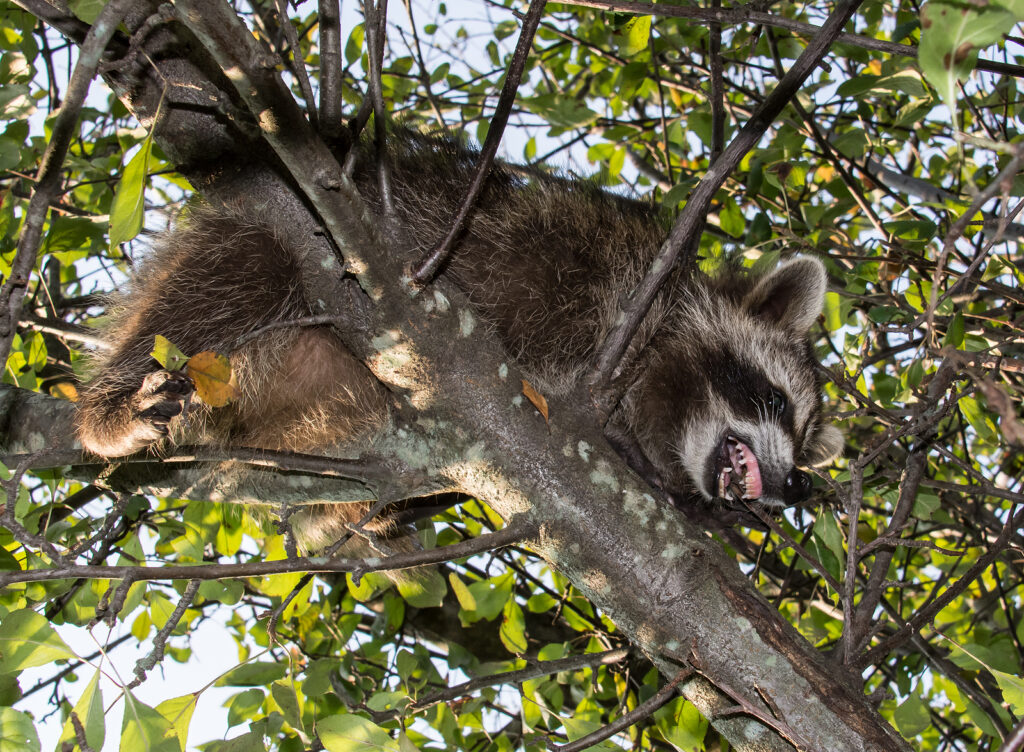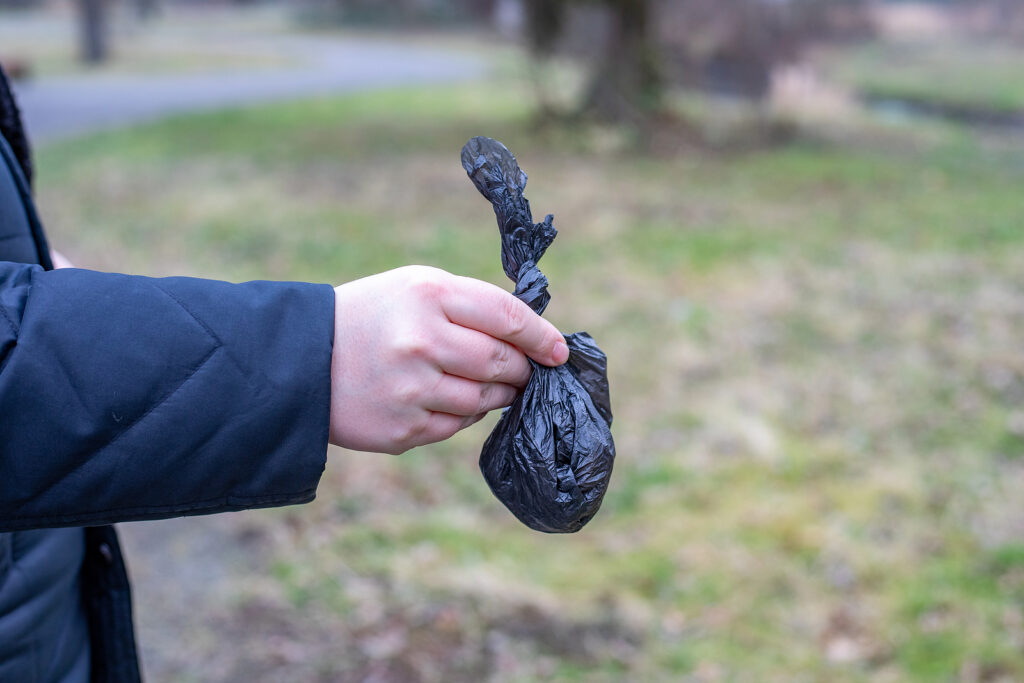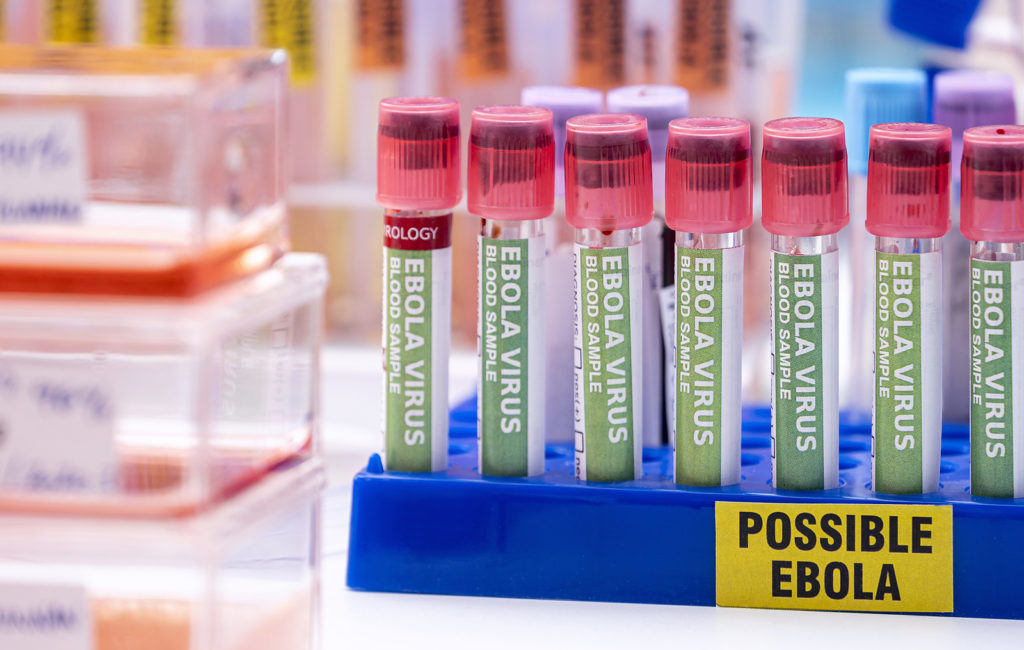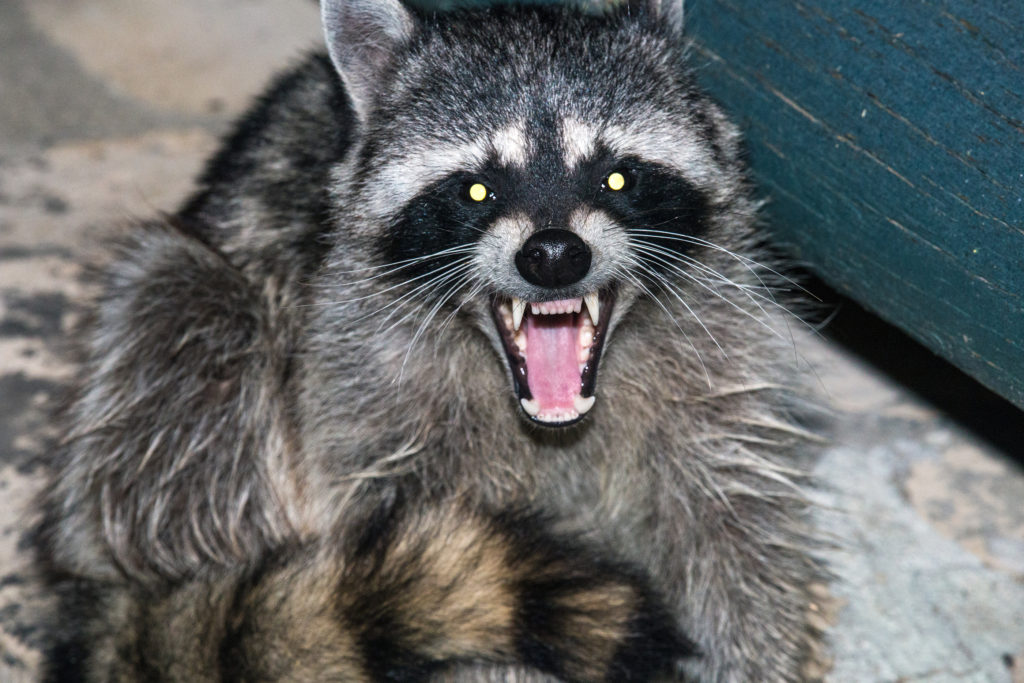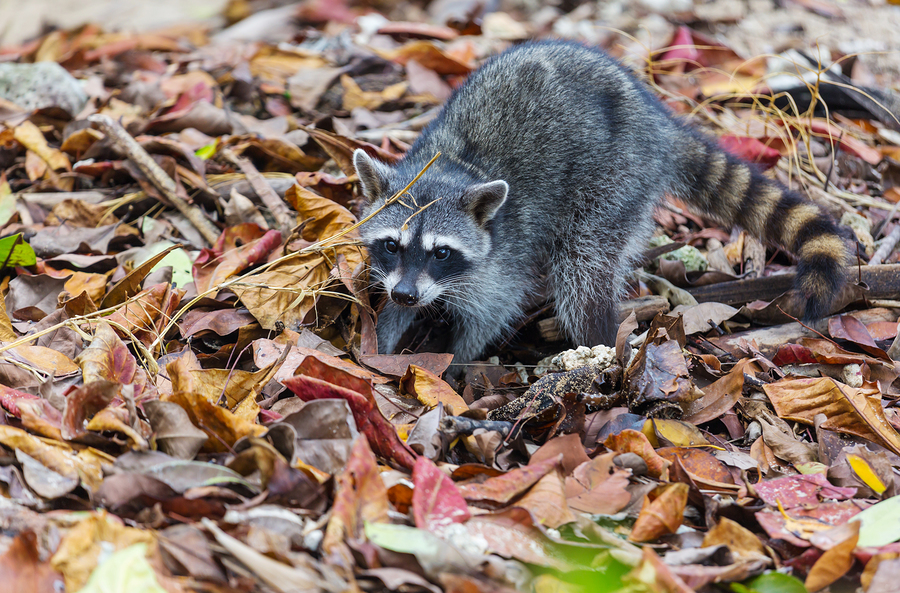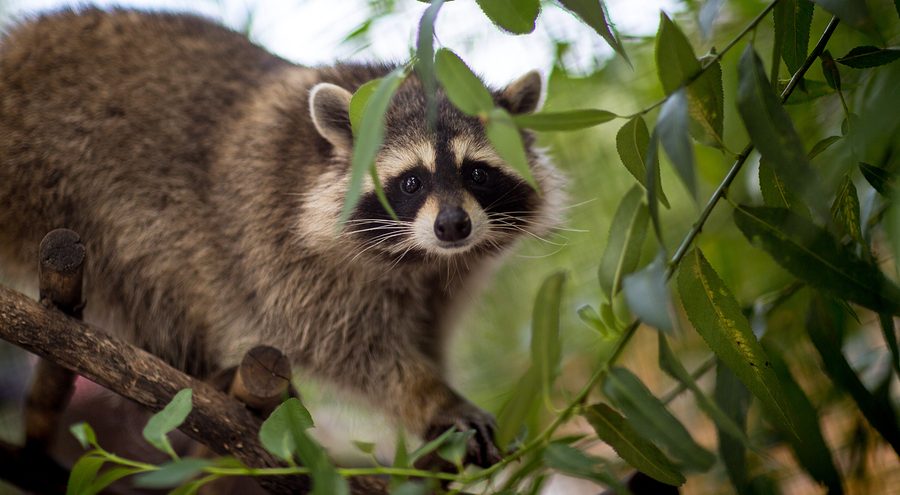Are raccoons wreaking havoc in your home and garden? If so, don’t worry – there are steps you can take to protect yourself from these pesky critters. Raccoon proofing your home is a must if you want to keep them out for good. Continue reading to learn five easy steps you can take to ensure that your property stays raccoon-free.
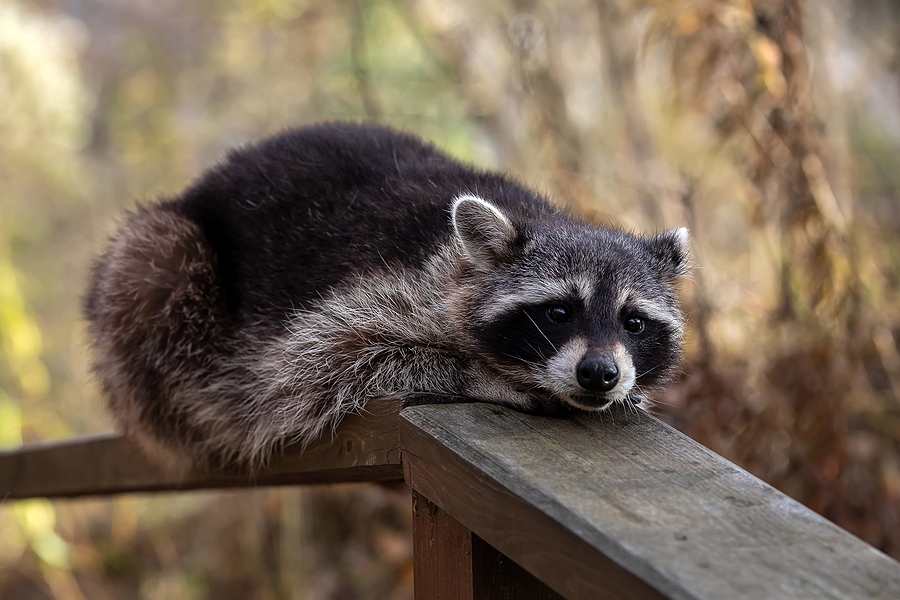
A 5 Step Raccoon Proof Guide Anyone Can Do
1. Remove food sources: Raccoons are scavengers and will find any available food source they can. Make sure to keep garbage, pet food, bird feeders, and gardens out of reach. Secure lids on bins so that raccoons cannot access the contents and store all outdoor pet food indoors at night.
2. Secure or cover compost bins: Compost bins can be a great temptation for raccoons due to their easy access to rotting foods. To prevent an infestation, secure your compost bin with a heavy duty latch or cover it with a tarp when not in use.
3. Seal entry points: Raccoons are incredibly dexterous animals and can fit through holes as small as 4 inches. Inspect your home’s foundation and walls for entry points, then seal them with caulk or metal flashing. Make sure to check around windows, doors, chimneys, vents, and any other potential entry point.
4. Trim trees close to the house: Raccoons are excellent climbers and will use tree branches as a bridge to get into your attic or upper levels of your home. Be sure to regularly trim branches from trees that are within 10 feet of your roofline.
5. Install a motion-activated sprinkler: If raccoons have already taken up residence in your yard, consider installing a motion-activated sprinkler system to scare them away when they approach unwanted areas of your property.
Raccoon Proofing Tips You Can Use Year-Round
By following these five steps, your home will be greatly protected from raccoons and any other animals that may try to invade your space. Remember, prevention is key for successful animal proofing so make sure to regularly check around your home for potential entry points and keep food sources stored securely. With the right precautions in place, you can rest assured that your property stays raccoon-free!
Choose Professional Raccoon Removal and Control Service
Now that you know how to raccoon proof your home in 5 easy steps, why not contact a local professional for additional help with raccoon abatement? Professional raccoon control in Indianapolis offer humane methods of trapping and exclusion, as well as advice on preventing future infestations. They also provide cleanup services that can help restore your home’s safety and cleanliness. Contact a local wildlife removal service to remove any existing raccoons in your home and protect it for the long-term from future intruders. Not only will raccoon proofing keep your property safe, but it will also safeguard your family from potential diseases that raccoons can spread, such as rabies, distemper, roundworm, and leptospirosis.
Are you ready to get rid of raccoons safely and protect your property from future nuisance animal problems? Contact Indianapolis Raccoon Removal at 317-535-4605 for prompt and professional Indianapolis raccoon control services you can trust.
Related Posts:
How to Determine if You Have an Infestation of Raccoons in Your Home
The Dangers of Raccoons: What You Need to Know
9 Tips for Keeping Raccoons Away From Your Home

